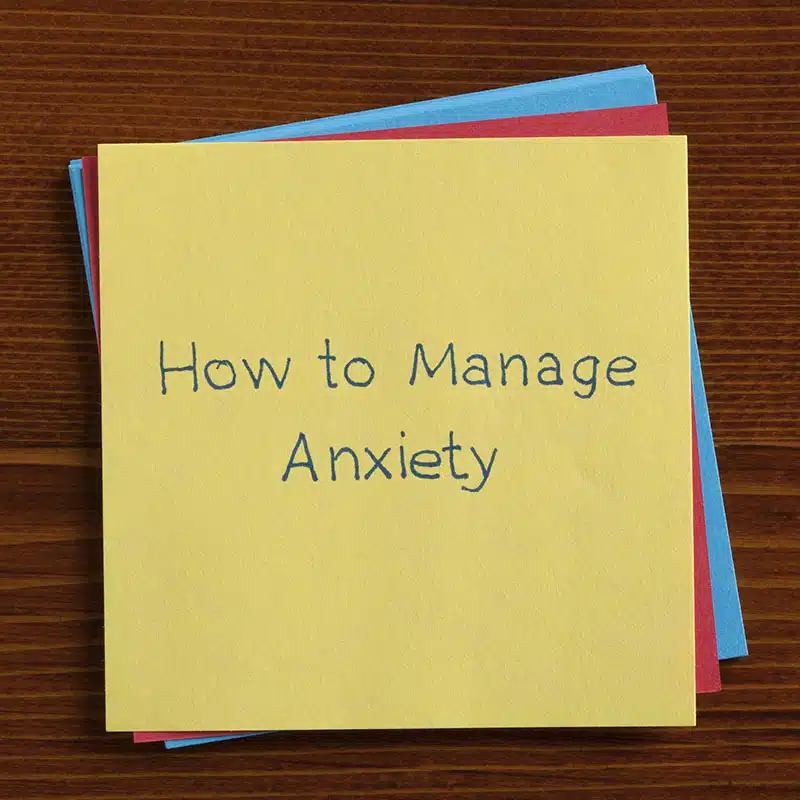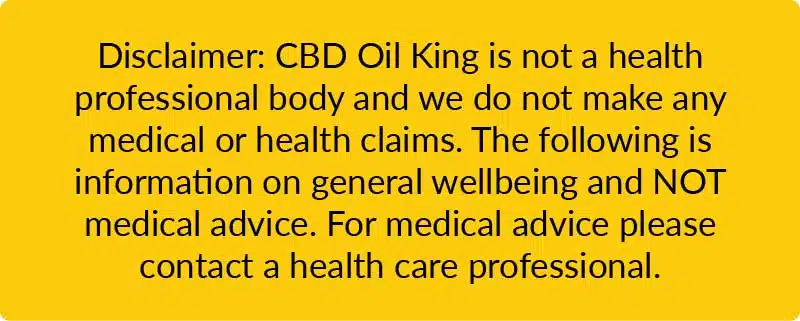

Do you often feel overwhelmed and anxious, even in situations that don’t seem to warrant a high level of stress? Or maybe your anxious thoughts keep recurring no matter how hard you try to push them away? Anxiety can be debilitating, but there are ways to manage it. In this article, we will go over five effective strategies for coping with anxiety and managing its symptoms. Whether you struggle with clinical anxiety or just the occasional bout of worry, these approaches can help bring some peace into your life. Read on for tips on how to take back control from your worries once and for all!
Anxiety can have many root causes, from genetics to past traumas. It is important to pay attention to what triggers you and what brings it on. Identifying your triggers, like fear of failure or crowded spaces, can help you better manage your anxiety and lessen the severity of its effects. Taking some time to observe yourself when anxious can help pinpoint certain triggers. This can then be addressed in talk therapy or with the aid of medication and relaxation techniques. By getting to the root of the problem, we can take more proactive steps towards managing our anxiety and living fuller lives.
Practising deep breathing exercises can be a powerful tool to reduce stress and tension. Taking 10 minutes a day to focus on your breath can help clear the mind, relax tense muscles, and promote a feeling of wellbeing. As you breathe in and out slowly, let any anxieties slip away with each exhale and allow yourself to become more grounded and relaxed. Start by breathing in through your nose while counting to four, then held the breath for a count of four, before releasing it slowly until the count of four is complete. With regular practice, you'll find that even your most pressing worries seem more manageable when you take control of your body with deep breathing technique.
A relaxation plan can be a great way to stay calm and relaxed during times of increased anxiety. Creating a plan that works for you is key; it could include activities as simple as taking deep breaths, or more involved techniques like progressive muscle relaxation or meditation. Start by determining which activities work best for you - if practising deep breathing helps bring your body back into balance, use that as one of the cornerstones of your relaxation plan. Experiment with different techniques; this will allow you to create an individualised program to draw upon when needed. Additionally, take note of any non-physical relaxation strategies that come naturally to you; this could be poetry or art, journaling, listening to calming music, or connecting with friends and family. With the right plan in place, it's much easier to stay centred and manage anxious moments in life.
Talking to friends or family about your worries and concerns can be a great way to relieve stress. It's often comforting to share your feelings with someone who you know loves and cares for you. Moreover, they may even have advice that helps you face difficult situations. Taking the time to discuss what’s bothering you with others can also provide a newfound sense of clarity as well as motivation to try different approaches. If not, it might be beneficial to seek out help from professionals such as therapists, counsellors and psychiatrists. Cognitive behavioural therapy is a great place to start if you want to learn methods for managing difficult emotions or uncomfortable thoughts.
Anxiety is a very real issue for many people, and its side effects can have detrimental impacts on everyday life. While traditional treatments such as therapy, medications, and other forms of support are crucial to dealing with the issue of anxiety anything that helps with health and wellbeing should not be overlooked. Especially CBD oil vape pen. CBD infused into CBD anxiety vapes also known as anxiety pens, can help with relaxation and calmness which is crucial to everyday wellbeing. Additionally, since our bodies produce naturally occurring cannabinoids, it may help strengthen the body's sensitivity to its own endocannabinoid system which plays a major role in modulating feelings and mood. All in all, best CBD vape cartridges is an option worth considering. You might be wondering "Can You Take Vapes Abroad"?


This article is authored by Dr Casey Abrahamsmen. Dr Abrahamsmen is a board certified physician with over 13 years of experience in internal medicine and pain management. He practises Palliative care at a hospital in Venezuela and is a strong advocative for CBD and believes CBD has a major role to play towards healthy non addictive pain management habits. You can read more about Dr Abrahamsmen here.
This article was peer-reviewed by Dr M Mansoor Siddique (PhD). Dr Siddique has over eight years of experience working with CBD and CBD products.
Disclaimer: All of our products are not intended to diagnose, treat or cure any disease. It is recommended to check with doctor before starting a new dietary supplement program. All CBD products sold have less than 0.2% THC content and abide by both EU an UK law.